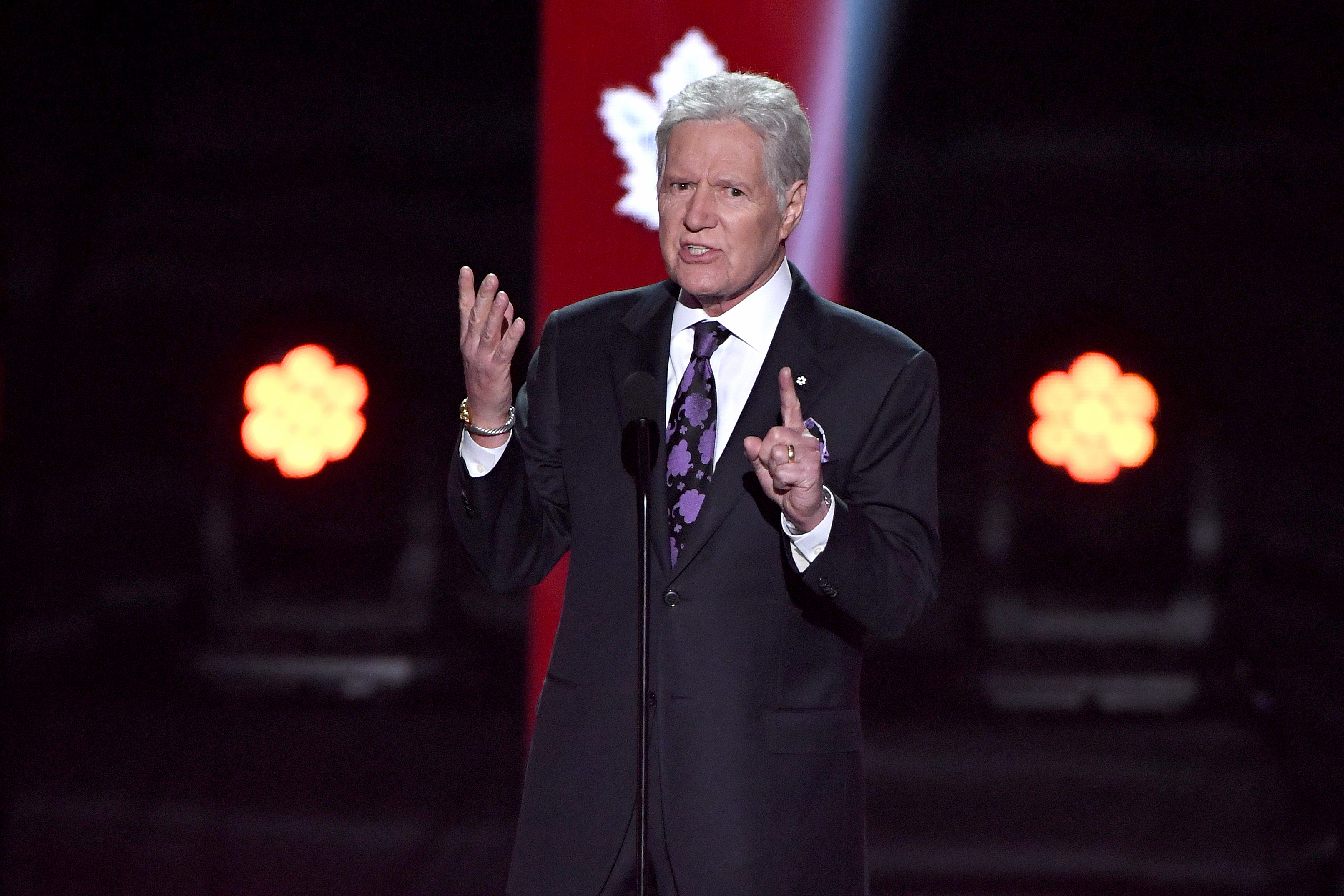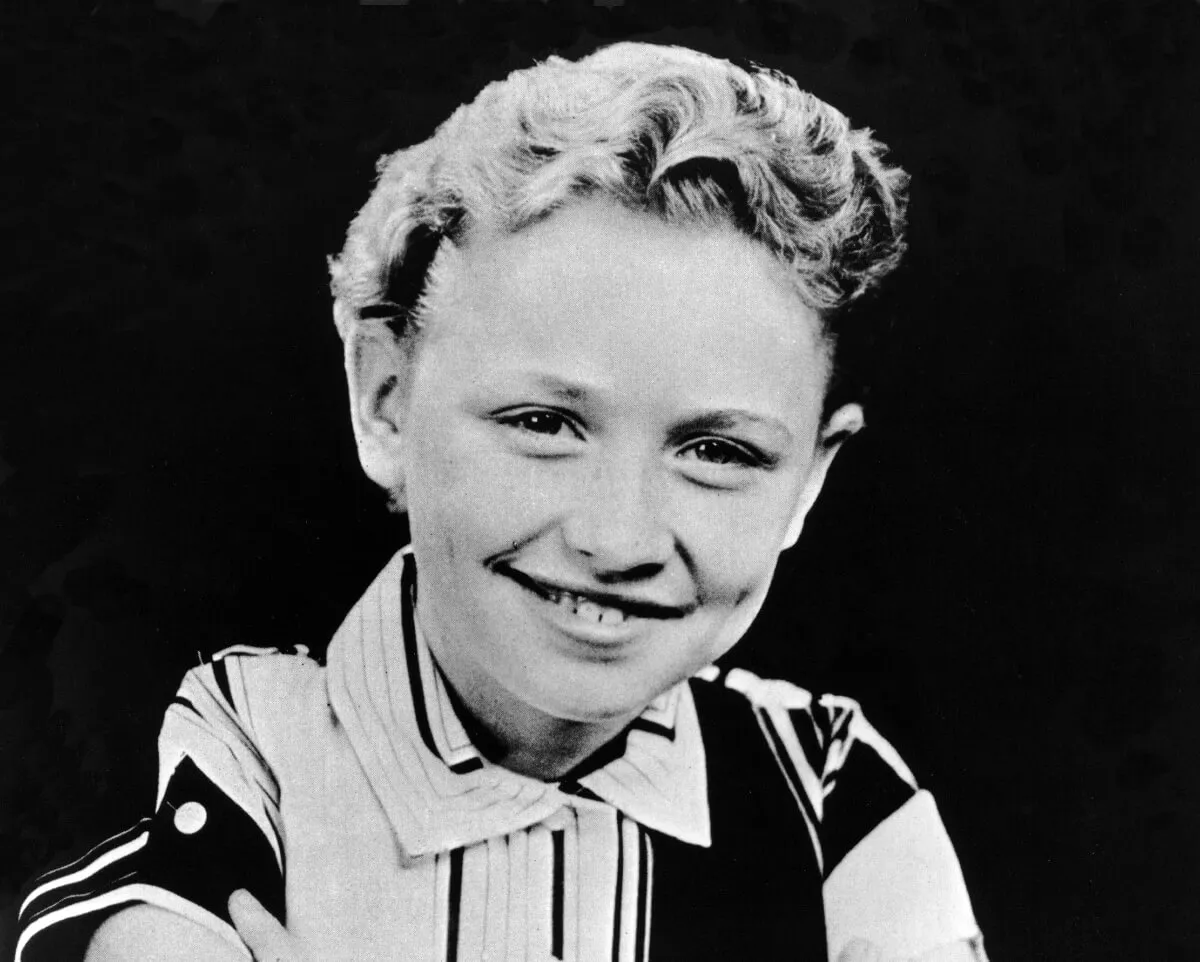‘Jeopardy!’: Why the Show Was Accused of Gender Bias
As beloved as the classic quiz show, Jeopardy! is, it has had its critics from time to time.
The show has been called out in the past for using clues on the program that reflect a distinct gender bias, criticism that snowballed at the time.

‘For a smart show, you just got seriously stupid’
In 2014, one particular episode caught the eye of a viewer, Claire Schlissel.
Schlissel was stuck on a clue, not because of its difficulty but because of its content. She tweeted a shot of the clue asking, “Are you serious, @Jeopardy?”
Actor Sophia Bush retweeted Schlissel’s message to her countless followers, saying: “For a ‘smart’ show, you just got seriously stupid.”
It didn’t end there.
“Unfortunately, the category was not a cute play on words and was, instead, a series of clues spotlighting female stereotypes,” wrote Neha Prakash of Mashable in a column on the episode’s clues.
Ken Jennings’ take on it
Ken Jennings, the 74-game champion from 2004 who eventually took home $2.5 million in winnings, explored in his book, Brainiac: Adventures in the Curious, Competitive, Compulsive World of Trivia Buffs, the problem of gender bias on the show. Jennings findings?: Bias either exists or doesn’t exist depending on who you ask.
“Anecdotally, I can see that Jeopardy! still makes efforts to include their idea of female-skewing categories in the mix,” he writes. “For every sports or beer category, there’s a ‘lifestyle’ category on food, or fashion, or ‘chick flicks.’ Science, which I suppose is a stereotypically ‘male’ category, is so underrepresented on Jeopardy! . . .“
Jennings got a female contestant’s perspective on the topic.
“. . .Beverly Herter, [who Jennings played against], disagrees: she thinks that the clues on Jeopardy! still give men a leg up,” Jennings continued. “‘There is an inherent bias from the fact that the writers are, by and large, white males,’ she tells me via the Internet, after our game. In fact, she sees a wide range of categories as problematic, from military history to space, because they favor men.”
Jennings’ conclusion may not be what women want to hear
Ken Jennings noted that both men and women study the same information – whether lifestyle categories or the sciences or philosophy – to prepare for the game show. He added that it might just be that women have learning styles unique from men.
“My guess is that women in trivia competition are disadvantaged more by the ‘competition’ part than by the ‘trivia.’ Researchers studying gender gaps in math and science often find that men learn best in competitive learning environments, while women prefer a cooperative learning style.”
Jennings offered his theory, which may or not be received enthusiastically by too many women players, that the problem may not be the clues themselves or the writers who create them, but the women themselves.
“For men, trivia achievement can become a macho thing – confidently hammering on your phallic signaling device, demoralizing the enemy with your superior knowledge. . . Women on the other hand, might be just as knowledgeable, but might not be as able – or as eager – to show off their skills in situations where the competition is so cutthroat.”
Interestingly, it was a woman, Nancy Zerg, who broke Jennings’ 2004 winning streak on his 75th game.


